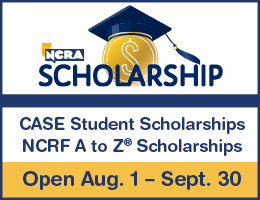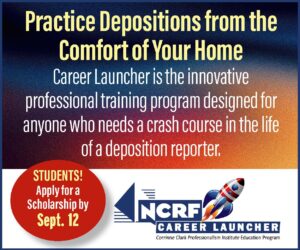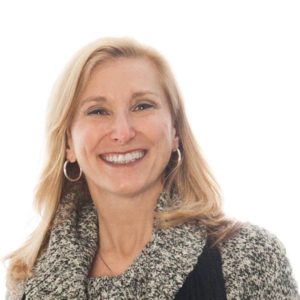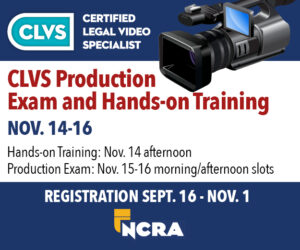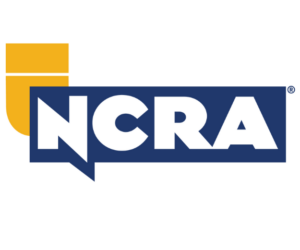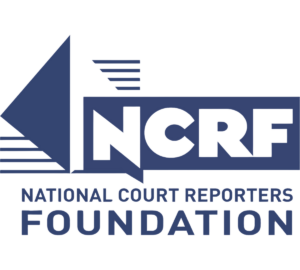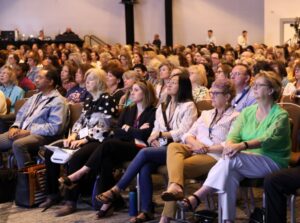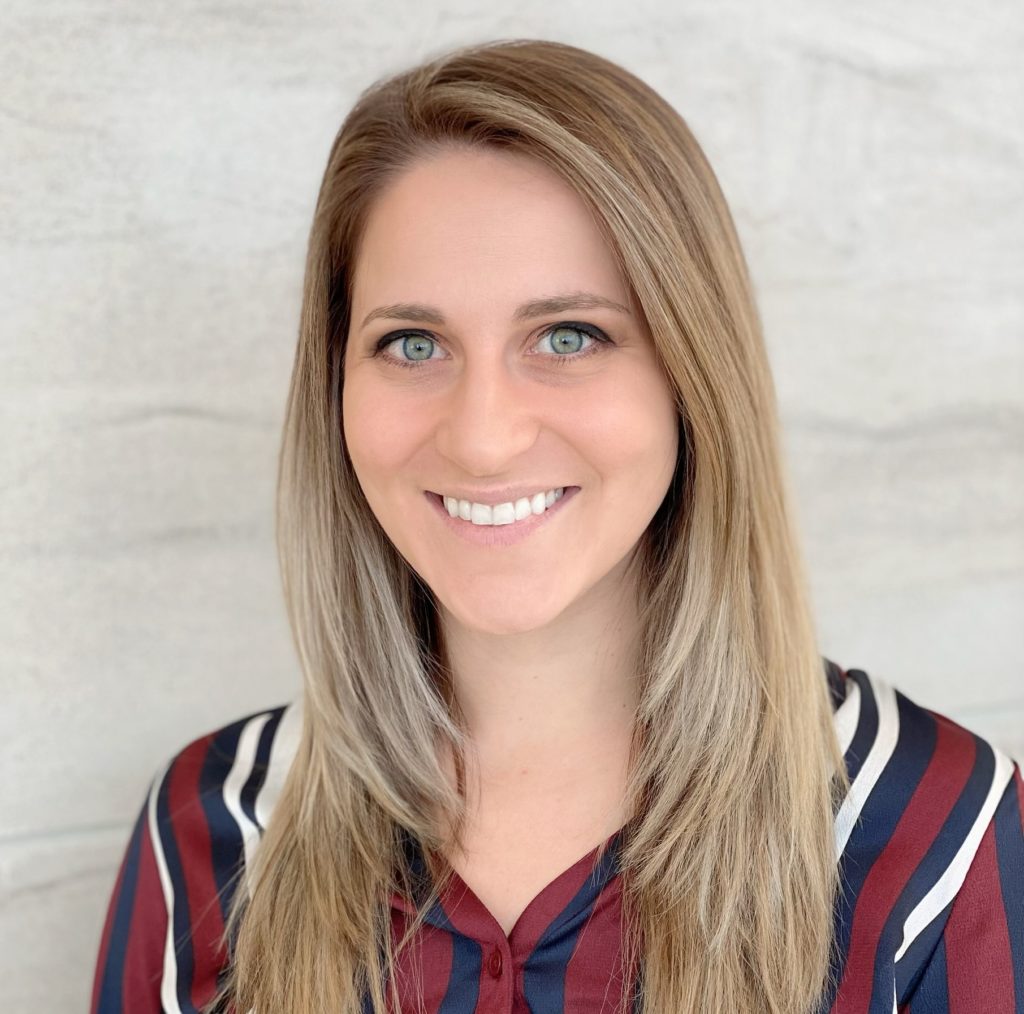
By Callie Sajdera
My hearing problems were a huge challenge for me. I have been irritated and upset because I am constantly asking “what” to people all the time or asking them to please repeat themselves or just not answering. I have severe ringing in my ears, and it has affected the way I feel about getting up and going to work on any day. I noticed the ringing more prominently when I was in school. I have become a pretty good lip reader and a very context-focused person.
I decided to go get treatment when my boyfriend, Matt Moss, was helping me scope a rather large transcript that I needed help with. He suggested to me that maybe I have a really difficult time hearing women’s voices and that I should try to get my ears checked. He wasn’t wrong. I already knew that I struggled hearing women’s voices over men, and it was also difficult for me to comprehend fast-speaking people.
My official diagnosis was tinnitus (which I was already aware of) and moderately severe irreversible hearing loss. This came as a shock because now they can do several things to help improve people’s hearing, such as cochlear implants and so on. The doctor sent me straight next door to the hearing aid specialist and told me to start there. He didn’t really tell me he could do anything for me, although he is concerned that I am so young with such significant loss. I asked for a copy of my audiogram and the results showed that on the speaking scale I went from “normal range” straight down to “moderately severe hearing loss.” There really was no middle ground.
I was disheartened by the fact that I am 26 years old and needed to get hearing aids. I was nervous that people would see them and that it would be obvious. Not only was I concerned about the physical hearing aid, they are a small fortune. Getting my hearing aids have been the most life-changing thing I’ve done in my whole life. I never knew what I was missing out on because I could never hear it in the first place. With my hearing aids, I can listen to conversations and tune in without asking anyone to repeat what they said or try to piece it together on my own. They are so small, and they match my hair color so no one can even tell.
My practice and everyday work life have improved tenfold. I could instantly tell that my hearing was a huge barrier for me, and now that it is resolved, I feel like I can take on anything that work throws at me. I am in a practice club that has seen my frustrations with getting several 94 percent scores on my RPR speed legs. I have started practicing with over-the-ear headphones that cover my hearing aids, and I am so amazed with the progress already, and it’s been a week!
I am registered again for my RPR coming up in March. I already have the written leg, just need to get the speeds down. I have registered for all three tests (180, 200, and 225) to take this time around, and I am hoping to seal the deal on at least one of them! I am very positive and optimistic that it will happen for me this time. My ultimate goal for getting my full RPR is by the end of this year or sooner. Ideally, I’d love to get it before the NCRA Convention, so I can finally get an RPR sticker to put on my name badge!
I know a lot of students and working reporters have and do struggle with tinnitus. It is a huge barrier, especially in our career. I just want to add that barriers come in all shapes and sizes, but if you love what you do, you’re willing to do whatever it takes to constantly improve.
Callie Sajdera is an official reporter with the Denver District Court in Denver, Colo.
